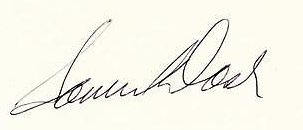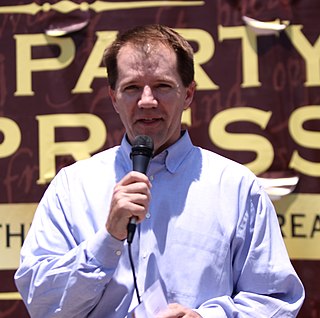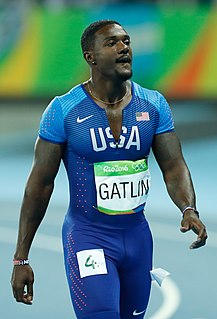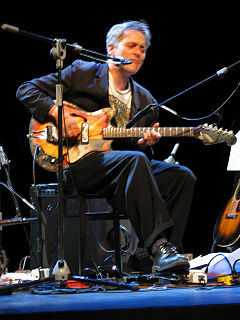A Quote by Thomas Frank
Privatizing bits of the prison industry was a step in the right direction, but what we didn't have - until recently - were proper instruments for incentivizing the judiciary. That's what the 'kids for cash' judges were apparently experimenting with.
Related Quotes
The hardest bits of my book to read were the easiest bits to write because they were the most immediate. Probably because I had never stopped thinking about them on some level. Those bits I was just channelling and those were the most exciting writing days. The bits I found harder were the bits that happen in between, you know, the rest of living. There were whole years, whole houses, that I just got rid of.
... as recently as the mid-1970s, the most well-respected criminologists were predicting that the prison system would soon fade away. Prison did not deter crime significantly, many experts concluded. Those who had meaningful economic and social opportunities were unlikely to commit crimes regardless of the penalty, while those who went to prison were far more likely to commit crimes again in the future.
Democracy demands that judges confine themselves to a narrow sphere of influence - that is why the late Alexander Bickel called the judiciary the 'Least Dangerous Branch.' In a world governed by a proper conception of their role, judges don't play at being legislators - they leave that job to our elected representatives.
At that time, 73 and 74, I became aware that there were a number of us making instruments. Max Eastley was a good friend and he was making instruments, Paul Burwell and I were making instruments, Evan Parker was making instruments, and we knew Hugh Davies, who was a real pioneer of these amplified instruments.
Later, I went one step further, by putting in some invented "historical" bits [into the Lincoln in the Bardo]. And reading those alongside the actual historical bits was like looking into a sort of a painful mirror, because "my" parts were so show-offy at first. They stood out because they were so flamboyant.
I was obsessed with the scientific instruments people were building and all the weird experiments they were doing. I did actually wind up working in some of that, but there were whole sections I'd written about these instruments that ultimately had to be abandoned when I realized that the book really was about Margaret Cavendish. I couldn't justify using all of them.
It was a wonderful time to be young. The 1960s didn't end until about 1976. We all believed in Make Love Not War - we were idealistic innocents, darling, despite the drugs and sex. We were sweet lovely people who wanted to throw out all the staid institutions who placed money and wars above all else. When you're young you think that's how life works. None of us were famous, we were broke. We didn't think they'd be writing books about us in 30 years. We were just kids doing the right thing.


































